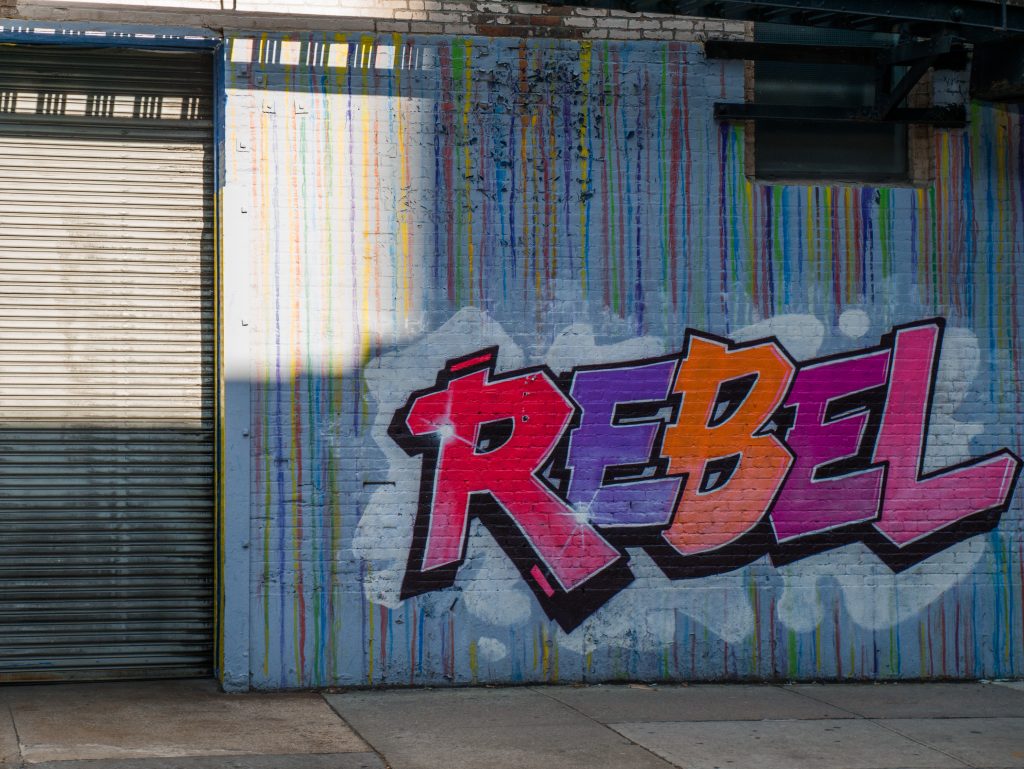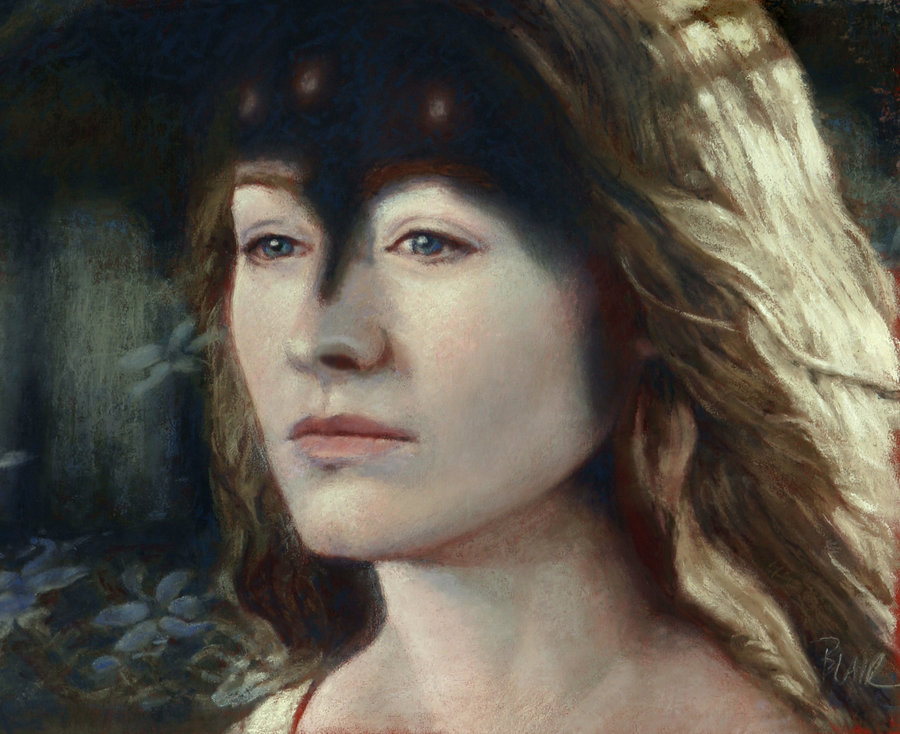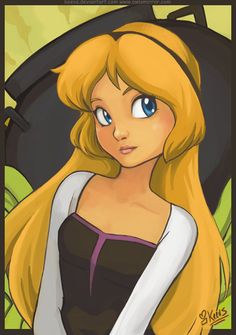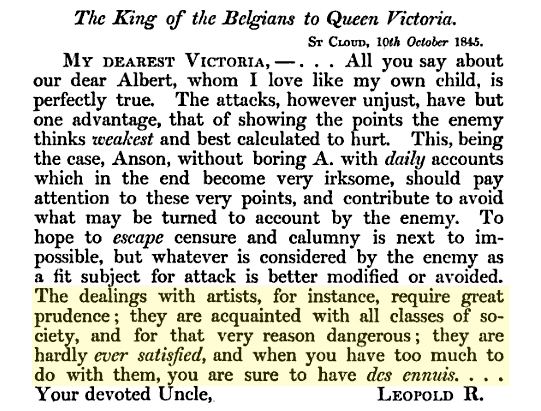
Rebel NYC by Tom Simpson https://creativecommons.org/licenses/by-nc-nd/2.0/
In which I consider the unconventional heroine in the light of my discussions in ‘Tribal’.I would guess you love to read about those who defy convention: I certainly do. I don’t much mind if that’s through fiction or biography – but stories of people who defy the norms of their society intrigue and fascinate me.
This may sound pompous and a bit preachy – but I particularly admire those who rebel for ethical reasons. It’s one thing to go against what your society expects in the matter of footwear or haircuts – quite another to stand up for what you believe to be right. I want to write about that sort of person.

So much drama can come from their defiance in the present moment. The reader will then want to know the reasons for their actions, the purpose of such dissent. This will urge them to read on (well, it certainly works for me!).
But what of the sources of that determination? It’s no good having a heroine whose only sign of unconventionality is a wacky hairstyle. A person who refuses to follow the herd must have something in their background to provoke such an attitude. There has to be both strength of character, and at least one major influence that sets them apart from the rest of the society they live in.
I have to answer the question why her?

Eowyn: shadow of destiny by C. Blair on DeviantArt
On the personality side (thoughts on nature v. nurture later – I’m going for a mix here), there needs to be curiosity and intelligence. She would have a questioning spirit that won’t accept the ‘givens’ of their people. There could be a family member or friend who encourages that inquisitive nature – a wisewoman, shaman, teacher or the like. Perhaps someone unwittingly allows them access to subversive ideas. ( Say – a library card!)
Letting our heroine at forbidden material inevitably adds peril – for her and her ally. All good from this writer’s hard-hearted point of view.
Our heroine also has to encounter other ideas from those dominating her culture. For most writers, the obvious source would be through books. I’d like to suggest a few more possibilities – (probably more useful for historical and SFF works than contemporary realism – except the last).
- a passing stranger – who must be offered hospitality
- a wandering minstrel or bard – ballads and poems can hide all sorts of revolutionary ideas
- travelling theatre – or even cinema
- storytellers – from another culture like the Romani
- artists of any kind (see below)

Princess Eilonwy ( from the Book of Three by Lloyd Alexander) by Keevs on DeviantArt
Of course, the sources might be combined – a friend or relative could be from another culture. Perhaps it is something they ought to conceal, or is barely tolerated in the community – but they could still have influence.
The point I am making, not least to myself, is that a rebel can’t just spring out of nowhere. Even if I never mention the back story in the completed work, I need to know where my characters get their awkward ideas from. If she is not ‘one of us’, then what made her?

